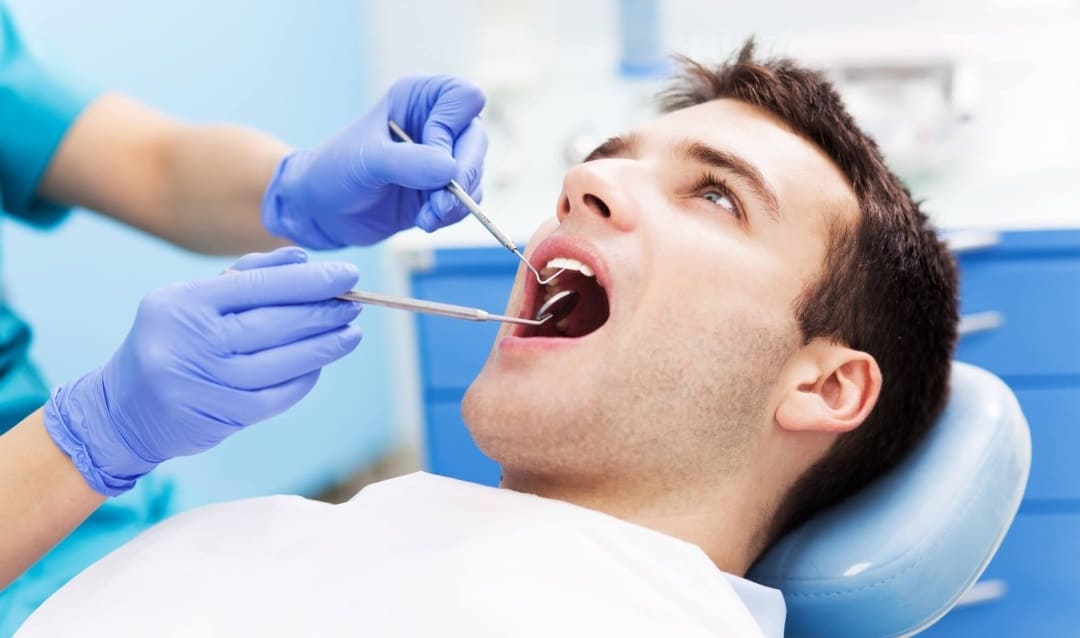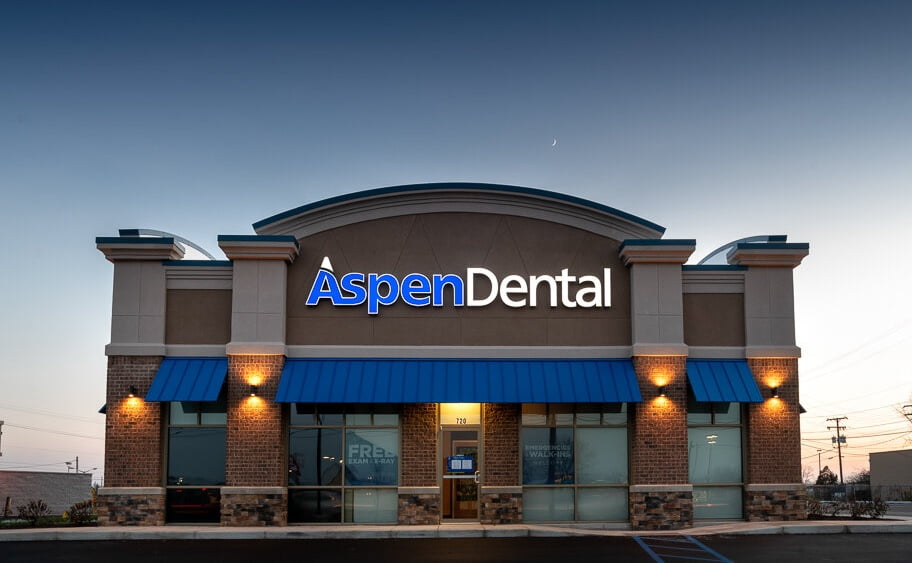Dental Grants in Colorado 2024

Access to dental care remains a significant issue across the United States, with millions of Americans unable to afford basic preventive and restorative treatments. The costs involved with dental procedures, lack of sufficient insurance coverage, and low reimbursement rates from public health programs create financial barriers for both patients and providers. Fortunately, various organizations offer dental grants that can help cover costs for Coloradans who need assistance accessing oral health services.
Types of Dental Grants Available in Colorado
Several programs provide funding opportunities to support dental care initiatives in Colorado. These grants help expand access, enhance services, recruit providers, and more.
- Service Grants– Awards given to non-profit clinics, health centers, or dental schools to establish or expand services to low-income, uninsured, and underserved populations. Often used to add new dental operatories, hire additional dentists/hygienists, extend hours, etc.
- Education & Training Grants– Supports dental education programs, helps recruit students into dental careers, funds residencies and internships, provides faculty development, and more. Aims to grow and diversify the dental workforce.
- Equipment & Technology Grants– Given to clinics and practices to upgrade old dental equipment, purchase new technology, and outfit operatories. Improves capabilities and increases efficiency.
- Infrastructure Grants– Funds construction and renovation projects to build or remodel dental facilities. Allows health centers to expand capacity.
- Program Innovation Grants– Supports development and implementation of innovative programs that improve access, integrate oral and overall health, and address gaps in the current system.
Major Dental Grant Providers in Colorado
Many organizations overseeing dental grant programs operate in Colorado. Major grant providers include:
- Delta Dental of Colorado Foundation– As the state’s largest dental benefits provider, Delta Dental offers various grants supporting access, education, prevention, and technology innovations. Awards over $5 million annually.
- Caring for Colorado Foundation– Grants given to clinics for dental equipment, expanding services, integration projects, and more. Part of their mission is to improve health across CO.
- Colorado Health Foundation– Statewide funder awards millions to oral health programs increasing access, advancing innovations, recruiting providers, and building infrastructure.
- The Colorado Trust– Supports dental clinics, schools, and programs through grants focused on expanding services, developing the workforce, and implementing new care models.
- Rose Community Foundation– Regional funder based in Denver that gives grants to improve oral health access for low-income and vulnerable populations.
- Caring for Colorado– Statewide non-profit managing dental loan repayment and scholarship programs. Place dentists in shortage areas.
- Dental Trade Alliances– Organizations like CODHA, CADAT, 3M ESPE, and Delta Dental offer smaller project grants or student scholarships.
Dental Government Grant Programs
Along with private and non-profit grant providers, some government programs also offer dental grants, mainly for building infrastructure, establishing access points, and recruiting providers in designated shortage areas. These include:
- Health Resources and Services Administration (HRSA) Grants– Part of the Federal HHS agency, HRSA oversees oral health workforce and access programs like Teaching Health Centers and Native Hawaiian Health Service Corps.
- State Office of Rural Health Grants– Manage various programs improving rural access and award grants to clinics/practices serving remote areas.
- National Health Service Corps– Federal program placing dentists in Health Professional Shortage Areas in exchange for loan repayment assistance.
- State and Local Government Access Grants– Some city, county, and state governments offer small grants supporting dental services and infrastructure.
Grant Eligibility Considerations
Dental grants have specific eligibility criteria that applicants must meet to qualify for funding. Common requirements include:
- Having tax-exempt 501(c)(3) non-profit status
- Serving designated underserved communities and populations in need
- Matching a percentage of the grant amount with your own organizational funds
- Being an established dental clinic, health center, hospital, school, or practice
- Focusing on an oral health priority area specified by the grantmaker
- Having a detailed project plan and budget
- Measuring outcomes and impacts to report back to the grantmaker
Public entities like FQHCs, schools, and government clinics can also receive grant funding for dental initiatives.
How to Find Current Colorado Dental Grant Opportunities
Many resources exist to help you find open dental grant programs to apply for in Colorado. Useful sources include:
- Directories like GrantWatch and HealthFundsLocator to search for dental grantmakers
- Websites and newsletters of major grantors like Delta Dental Foundation and Caring for Colorado
- State Primary Care Office, Office of Rural Health, Office of Oral Health, and Dental Association
- Contacting clinics and organizations similar to yours who have received grants
- Attending oral health conferences and funder meetings to connect directly with grantors
- Setting up Google Alerts for dental grant opportunities in CO
- Discussing ideas with program officers from prospective funders
Also Read: Willamette Dental Opens New Location in Grants Pass, Oregon
Grant Application Process
Applying for dental grants takes time and effort to put together a compelling request. Typical steps include:
- Carefully reviewing grant eligibility, priorities, deadlines, processes, and contacts
- Analyzing the dental needs your project will address backed up by local data
- Developing goals, objectives, budgets, timelines, evaluation plans, and sustainability strategies
- Writing grant narratives, gathering supporting documents, and submitting the full proposal
- Responding to follow-up questions and providing clarification as needed
- Participating in site visits so grantors can further assess your project
- Waiting for a final decision (may take several months) and next steps if approved
Receiving a grant award is incredibly gratifying but just the beginning. You will need to diligently manage the project, report progress, and demonstrate the impact. This accountability helps build relationships with funders and position your organization for future funding.
Useful Tips to Improve Your Chances
Follow these tips when applying for Colorado dental grants:
- Start early – Some deadlines are only once a year while funding cycles can take 6-9 months.
- Call or meet with program officers – Get insight on priorities, discuss ideas, and make connections.
- Understand evaluation expectations – Funders want to see outcomes and impacts measured.
- Highlight partnerships – Collaborations strengthen applications and show community linkage.
- Review past awards – Gives insight on successful proposals.
- Follow exact application instructions – Don’t get disqualified on technicalities.
- Ask for support letters – Showcases community involvement.
- Proofread extensively – Avoid careless errors that raise concerns.
- Be concise yet compelling – Strike a balance showing expertise.
FAQs
What are the most common uses for dental grants in Colorado?
- Expanding services and access points to serve more low-income patients
- Purchasing new dental equipment and technology
- Supporting recruitment and retention programs to attract more dentists
- Providing education and prevention programs in schools
- Building or renovating dental facilities
What dental specialties are eligible for grants?
- Grants can support general dentists as well as dental specialists like pediatric dentists, orthodontists, oral surgeons, periodontists, and endodontists.
Can individual dentists receive grants?
- Most dental grants are awarded to organizations rather than individuals. However, loan repayment programs help dentists fund their education in exchange for serving underserved areas.
What are the main factors funders consider in awarding grants?
- Feasibility of the project plan, capabilities of the applicant, extent of the need, projected outcomes and impacts, sustainability, and cost-effectiveness.
How competitive is dental grant funding?
- Dental grants are quite competitive, with acceptance rates often less than 20%. Well-designed projects fitting funder priorities backed by strong track records have the best chance.
Conclusion
While the costs of maintaining dental health can be prohibitively expensive for many Coloradans, various public and private grant programs exist to help provide funding. Dental clinics, health centers, schools, and non-profits serving vulnerable populations should explore available grant opportunities to expand access and advance oral health. With diligent effort put into finding, preparing, and applying for dental grants, Colorado providers can obtain support to better meet the diverse needs of communities across the state.



